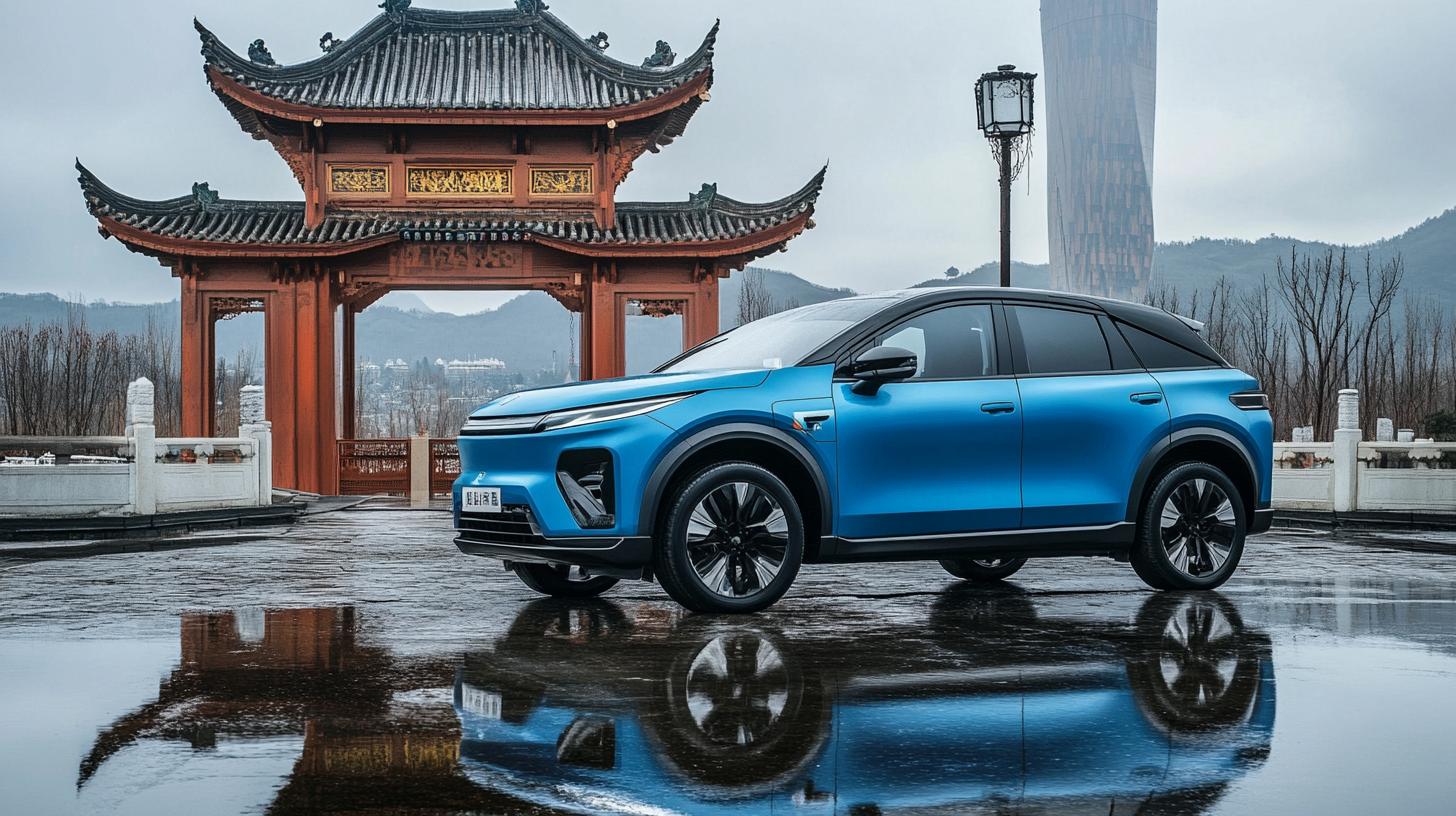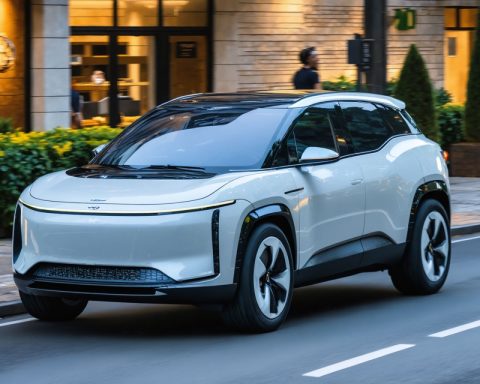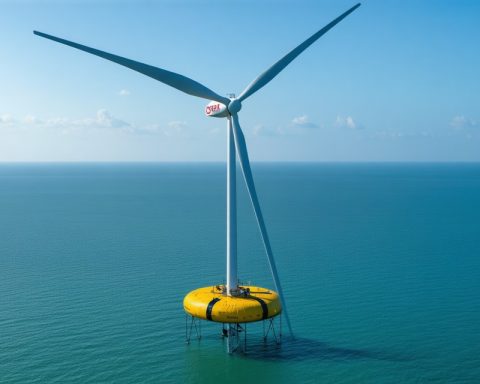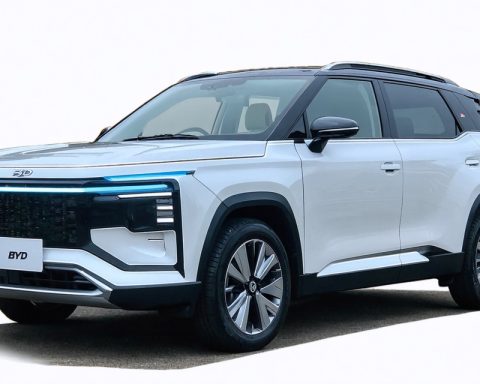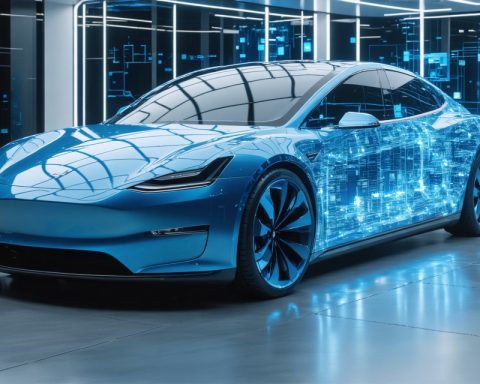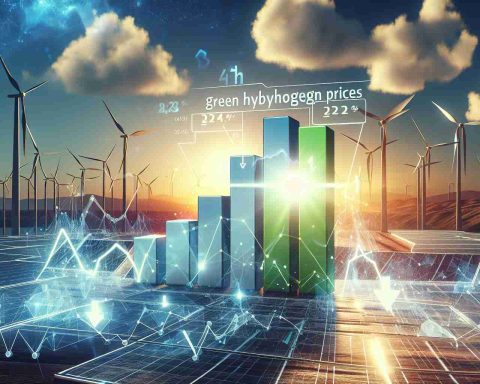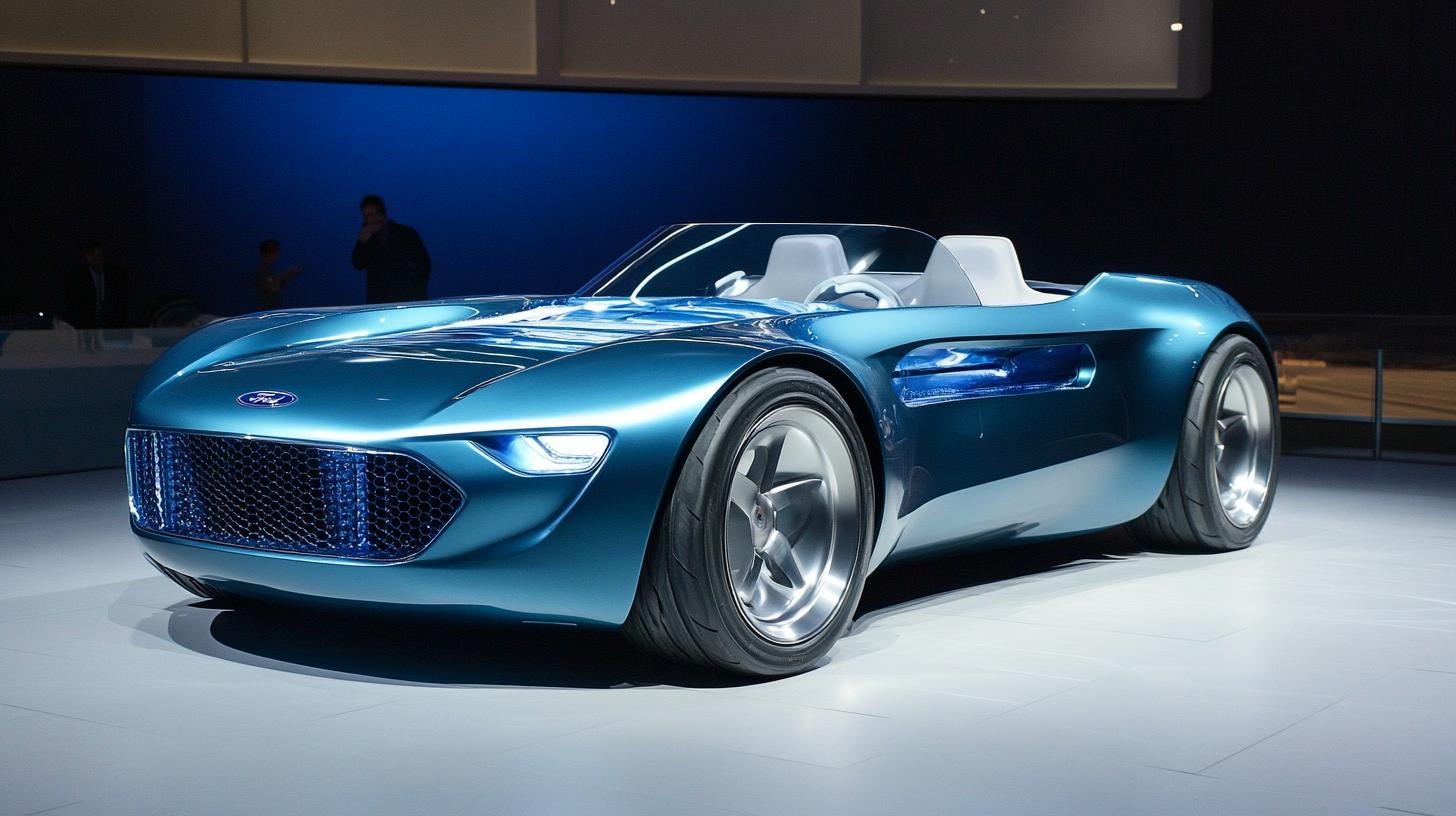Amidst a surging global demand for greener transportation, Japan is carving its niche in China’s thriving automotive industry by introducing a groundbreaking fleet of hydrogen vehicles. This strategic entry, spearheaded by Nissan in collaboration with Dongfeng, signifies a bold move to challenge China’s electric vehicle giant, BYD.
With the pressing need for sustainable solutions, hydrogen has emerged as a promising alternative fuel. Japan’s commitment to fuel cell electric vehicles (FCEVs) marks a significant leap in this evolving race. The newly launched hydrogen-powered Venucia models are set to hit the streets of Guangzhou, embarking on a three-year trial that underscores Japan’s belief in hydrogen as a game-changer in green mobility.
Hydrogen’s Edge in the Green Vehicle Landscape
In contrast to conventional electric vehicles, hydrogen cars boast fuel cells that extend the driving range to an impressive 500 kilometers. Their ability to refuel in mere minutes presents a notable advantage over the prolonged charging times of battery-powered EVs.
FCEVs further shine in harsh weather conditions, including China’s frigid northern climates, where traditional EVs often falter. Such resilience makes hydrogen vehicles uniquely appealing in the diverse Chinese market.
Japan’s Calculated Gambit Against EV Titans
While BYD has established itself as a leader in affordable and efficient EVs, Japan’s hydrogen initiative ventures into a less explored frontier. The move seeks to lure consumers with quick refueling and extended travel capabilities, positioning hydrogen as a compelling alternative to electricity.
The ambitious deployment of 6,000 hydrogen cars is timely, aligning with China’s aspirations to proliferate hydrogen vehicles and infrastructure by 2025. Yet, alongside these ambitions, Japan faces the twin challenges of high production costs and an underdeveloped refueling network.
Navigating Challenges and Paving the Way Forward
To make hydrogen vehicles a viable choice for consumers, Japan and Nissan must innovate towards cost reduction and bolster the hydrogen refueling ecosystem in China. Collaborative efforts between the Japanese and Chinese governments could further reduce hydrogen production costs, propelling the technology towards mainstream acceptance.
Japan’s foray into hydrogen-powered cars signals a pivotal shift in the international automotive landscape. As costs decrease and infrastructure grows, hydrogen could emerge not only as a cleaner transportation alternative but also as a formidable rival to established electric vehicle giants in China.
Are Hydrogen Vehicles the Future of Global Transportation?
As the world grapples with climate change and the urgent need for greener transportation solutions, Japan’s recent entry into China’s automotive scene with a fleet of hydrogen vehicles has garnered substantial attention. But beyond the buzz of this technological advancement, what could this mean for the average consumer, the community, and countries across the globe?
What’s New: Hydrogen’s Economic and Environmental Impact
Hydrogen vehicles, like those launched by Japan, offer potential economic benefits. For instance, the push for hydrogen could lead to the creation of new jobs in infrastructure development, such as constructing hydrogen refueling stations. Communities could see economic revitalization, particularly in rural or underdeveloped areas where these new facilities are built.
Environmentally, the use of hydrogen significantly reduces local emissions. When FCEVs operate, they emit only water vapor, mitigating air pollution, which is a serious problem in many urban centers, particularly in countries like China. As a cleaner energy source, hydrogen also plays a crucial role in decreasing a country’s carbon footprint.
Why Isn’t Hydrogen Already Mainstream?
Despite these advantages, why haven’t hydrogen vehicles become mainstream yet? One of the main hurdles is the lack of infrastructure, specifically the scarcity of hydrogen refueling stations. This deficiency makes long-distance travel problematic, leaving consumers wary of transitioning from conventional vehicles.
Moreover, the current methods of producing hydrogen are not entirely green. Most hydrogen today is derived from natural gas, a process that still emits greenhouse gases. Innovative breakthroughs are needed to make hydrogen production environmentally friendly and economically viable.
Comparisons and Controversies: Hydrogen vs. Electric Vehicles
A critical question often arises: Are hydrogen vehicles better than electric vehicles (EVs)? Hydrogen cars have a faster refueling process and can travel longer distances without frequent stops, providing an edge over EVs, especially concerning convenience and travel range.
However, battery electric vehicles (BEVs) have the upper hand in terms of existing infrastructure. Charging stations are more prevalent and the cost of lithium-ion batteries has steadily decreased, making EVs more accessible to the public.
Global Implications: Strategic Partnerships and Geopolitical Influence
Japan’s initiative is more than a technological gamble; it’s also a strategic move to influence global energy policies. By partnering with countries like China, Japan can spearhead the transition to hydrogen, influencing global standards and potentially reducing geopolitical tensions over fossil fuel dependency.
Collaborations between nations can also accelerate technological advancements and cost reductions, propelling hydrogen to the forefront of sustainable energy solutions. Such synergy could alleviate cost challenges and lead to widespread adoption, especially if large economies like the United States and the European Union follow suit.
Is Hydrogen the Key to a Greener Future?
Ultimately, the question remains: Will hydrogen vehicles revolutionize the auto industry? With ongoing developments in technology and infrastructure, hydrogen has the potential to transform transportation significantly. However, this will require global cooperation, substantial investment, and continued innovation to overcome the existing barriers.
For those interested in tracking the evolution of hydrogen technology and its potential impact, reputable resources like the U.S. Department of Energy’s Hydrogen and Fuel Cells Program and the International Energy Agency provide insightful information and updates. The future of transportation is still unfolding, and hydrogen might just be the key player in redefining mobility for the better.
